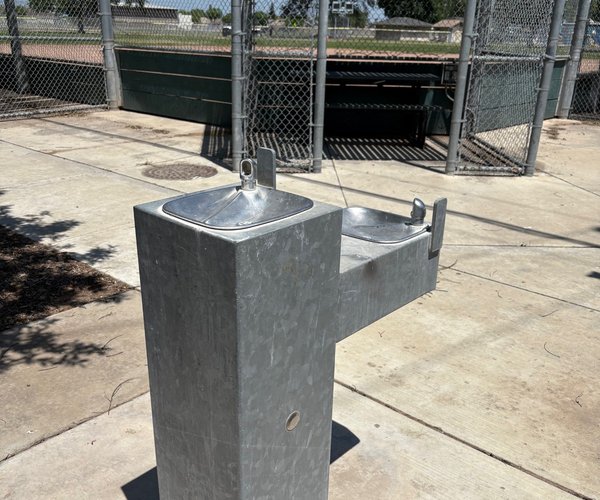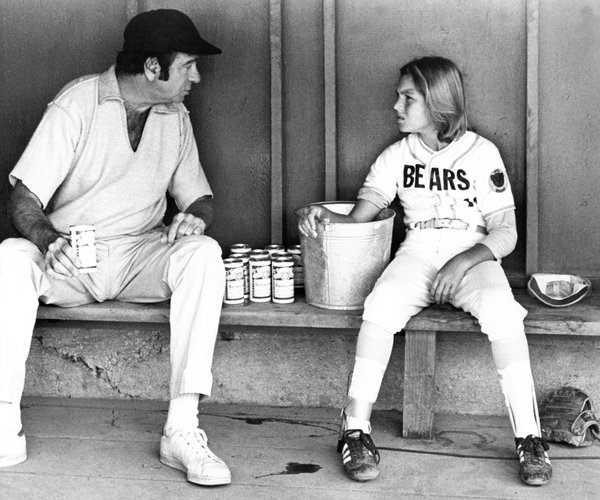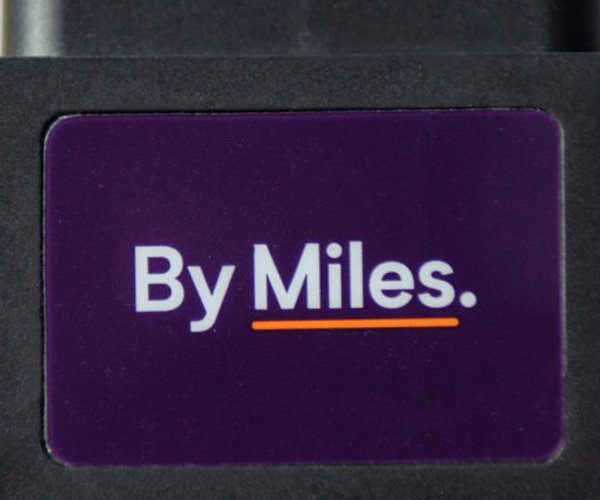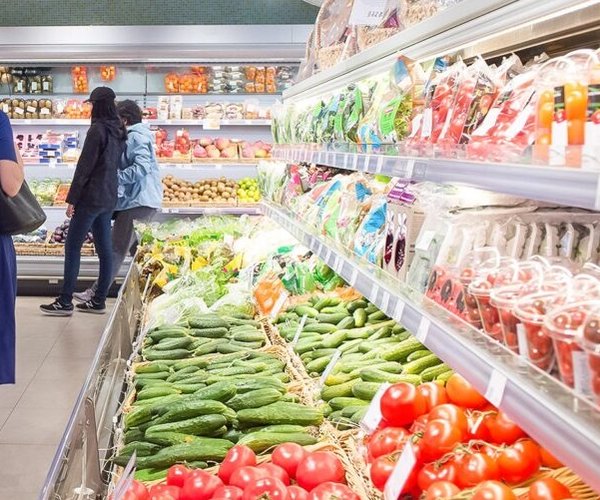California was on target to have $21 billion in reserves by this summer.
As rainy day funds go, it was seen as more than enough of a cushion to help weather the pelting state finances would take in an economic storm on the scale of the Great Recession that started in 2008.
But as we are now learning with every passing day the pandemic is not a typical storm that starts with a sprinkle, turns into a steady rain, becomes a downpour, and then the spigot steadily closes to ease back into sunny days. The pandemic is a sudden tsunami slamming in one gigantic wave overpowering its victims and then — once it peaks — pulling back to the sea taking with it all sorts of collateral damage.
Experts are now projecting California’s employment rate that was a record low of 3.9 percent just four weeks ago will reach 20 percent by June 1.
The stay-at-home order not only has wiped out employment but also is tanking consumer spending. The stock market has responded by returning to earth and cratering. All at once the three biggest sources of state revenue — personal income tax, sales tax, and capital gains tax — are all going over the cliff.
More than a few economists are now expecting the $21 billion surplus to be history before Newsom delivers his second State of the State address. There is also a growing expectation that we will be in deficit spending as Sacramento spends to deal with COVID-19 crisis and finds aggressive measures undertaken to get a handle on it will result in revenues significantly lower than what is needed to cover ongoing expenses.
If you have a short memory, a refresher course is in order as to what Sacramento did the last time they were in a similar — but significantly less devastating — situation 10 years ago.
They pulled the plug on redevelopment agencies. They held onto sales tax to delay payments to the cities. They funded schools with essentially IOUs while initially requiring districts not to cut back on spending for education. They did this not to simply avoid cutting services at the state level but to assure not a single state bureaucrat would lose their job.
Meanwhile cities, counties, and school districts incurred large layoffs and reduced compensation as the state sucked up every penny it could to avoid having to rethink the way Sacramento operated.
At the same time the albatross weighing down the proverbial neck of every government budget from cities and schools to state and higher education — unfunded pension liability — ballooned.
All of this is working to set up what could arguably be the most significant election since June of 1978 when angry taxpayers unleashed the primal scream known as Proposition 13 to send business-as-usual in Sacramento into a violent face plant.
The November ballot will have two measures that could send clear messages to the California Legislature. One is a measure to tinker with Proposition 13 to increase the annual tax burden on commercial and industrial properties by $12 billion. Another is a pushback at the state’s effort to classify much of the gig economy workforce as employees.
Does anyone believe California voters will trust Sacramento enough and are going to be in the mood to support any tax increase in less than eight months from now even if it surgically targets commercial and industrial property with a market rate value of $3 million or more?
As for the rollback of the gig economy rules put in place by the legislature, there are enough Uber and Lyft drivers not getting much business these days due to the stay-at-home order as well as other gig workers kicked to the curb, that it has sent ride share companies and other start-ups into a deeper and more pronounced tailspin than the rest of the stock market. People will be voting based on how they think they can best survive.
The trials and tribulations of Uber, Lyft, Airbnb, WeWork and other startups that rely on major cash infusions from investors or were gearing up for initial offerings are entering unchartered waters. They are in a much more precarious situation for capital mainly because many have never turned a profit and/or rely on unfettered spending by consumers and investors alike.
That is bad news for Sacramento given state government relies heavily on capital gains taxes to fuel its spending.
The cost of combatting the COVID-19 pandemic, the initial near knock-out blow to the economy, the mental reset consumers will take toward spending, the near non-existent enthusiasm voters are likely to have for new taxes, and the disruption economy the state has profited much from tax wise that is being repeatedly slammed into the ropes means anything but good times are ahead for Sacramento.
Toss in the inevitable impact of more major wildfires, PG&E periodically pulling the plug on the economy of up to 40 percent of the state to protect its profitability, the high possibility of a drought and the equally strong prospect of devastating floods, and the idea that there is going to be money left around to complete white elephant dream projects like high speed rail let alone subsidize its operation and maintenance is become a bigger fantasy with each passing day.
In short, this is not a good time to be Gavin Newsom or a member of the California Legislature for that matter.
It is doubtful there is much either can do in the long or short run to avoid the pandemic catastrophe ricocheting through the economy in such a manner that whatever remedy they take or suggest won’t end up inflicting pain on significant segments of Californians.
Hindsight is 20-20 and a luxury Newsom can’t afford.
A coronavirus may be the real culprit when all is said and done but the reality is how our leaders go about keeping it in check and shoring up the economy that conventional wisdom deemed had to be destroyed to reduce pain and suffering from COVID-19 will impact lives and political fortunes for years to come.






